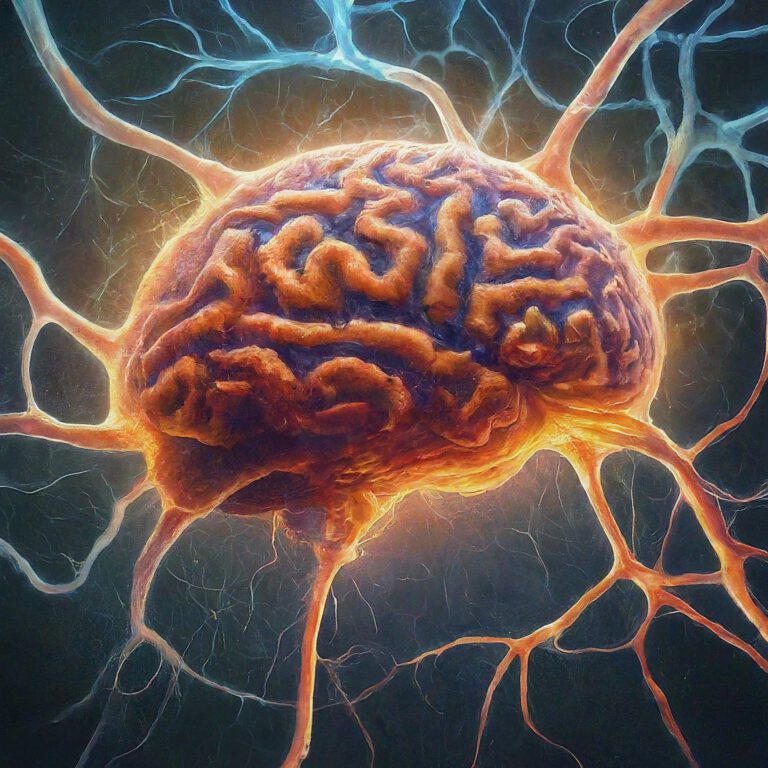In the realm of healthcare, the sheer volume of data generated daily can be overwhelming. From patient records to medical imaging and genomic information, the wealth of data holds immense potential for improving patient outcomes and driving medical advancements. However, the challenge lies in efficiently harnessing this data to derive actionable insights and make informed decisions. This is where Artificial Intelligence (AI) steps in, offering a powerful tool to unlock the potential hidden within healthcare data.
The Data Deluge in Healthcare
The digital revolution has transformed healthcare into a data-driven industry. Electronic Health Records (EHRs), medical imaging archives, wearable devices, and genomic sequencing are just a few examples of data sources contributing to the exponential growth of healthcare data. While this influx of data holds promise, it also presents significant challenges in terms of storage, organization, and analysis.
The Role of AI in Healthcare
Artificial Intelligence, particularly machine learning algorithms, has emerged as a game-changer in healthcare analytics. These algorithms can sift through vast amounts of data, identify patterns, and generate insights that facilitate better decision-making by healthcare professionals. From predictive analytics to image recognition and natural language processing, AI technologies are revolutionizing various facets of healthcare delivery.
Predictive Analytics for Early Intervention
One of the most promising applications of AI in healthcare is predictive analytics, which involves using historical data to forecast future events or trends. In the context of healthcare, predictive analytics can help identify patients at risk of developing certain conditions or experiencing adverse events. For example, AI algorithms can analyze a patient’s medical history, lifestyle factors, and genetic predispositions to predict the likelihood of developing chronic diseases such as diabetes or cardiovascular disorders. Early identification of high-risk individuals allows healthcare providers to intervene proactively, potentially preventing the onset of diseases or mitigating their progression.
Image Recognition for Accurate Diagnosis
Medical imaging plays a critical role in diagnosing and monitoring various medical conditions, from tumors to fractures and cardiovascular diseases. However, interpreting complex medical images requires specialized expertise and can be subject to human error. AI-powered image recognition systems offer a solution to this challenge by providing automated analysis and interpretation of medical images with remarkable accuracy. Convolutional Neural Networks (CNNs), a type of deep learning algorithm, excel in tasks such as identifying abnormalities in X-rays, detecting cancerous lesions in mammograms, and segmenting organs in MRI scans. By augmenting radiologists’ capabilities, AI-driven image analysis systems enable faster and more accurate diagnoses, leading to improved patient outcomes.
Personalized Treatment Planning
No two patients are alike, and their responses to treatments can vary significantly based on genetic makeup, lifestyle factors, and environmental influences. Personalized medicine aims to tailor medical interventions to individual patients, optimizing efficacy and minimizing adverse effects. AI plays a pivotal role in personalized medicine by analyzing diverse datasets, including genomic profiles, clinical data, and real-time monitoring metrics, to predict treatment responses and recommend personalized treatment plans. By leveraging AI-driven predictive modeling, healthcare providers can identify the most effective treatments for each patient, leading to more precise and targeted interventions.
Natural Language Processing for Enhanced Documentation
Documentation is a crucial aspect of healthcare delivery, providing a comprehensive record of patient encounters, treatments, and outcomes. However, manual documentation processes can be time-consuming and prone to errors. Natural Language Processing (NLP), a branch of AI focused on understanding and processing human language, offers a solution to streamline documentation workflows. NLP algorithms can extract relevant information from unstructured clinical notes, EHRs, and other textual sources, enabling automated coding, summarization, and information retrieval. By automating documentation tasks, NLP-powered systems free up healthcare professionals’ time, allowing them to focus on patient care while maintaining accurate and up-to-date records.
Ethical Considerations and Challenges
While AI holds tremendous promise for revolutionizing healthcare, its widespread adoption raises ethical considerations and challenges. Issues such as data privacy, algorithm bias, and accountability require careful consideration to ensure that AI technologies benefit patients and uphold ethical standards. Additionally, integrating AI into existing healthcare workflows requires collaboration between technologists, healthcare providers, policymakers, and patients to address regulatory, cultural, and implementation challenges effectively.
Conclusion
From predictive analytics to image recognition and personalized medicine, AI is reshaping the landscape of healthcare delivery. By harnessing the power of AI to analyze vast amounts of data, healthcare providers can make more informed decisions, improve diagnostic accuracy, and deliver personalized treatment plans tailored to individual patients’ needs. However, realizing the full potential of AI in healthcare requires addressing ethical considerations, ensuring data privacy, and overcoming implementation challenges. As AI continues to evolve, its role in revolutionizing healthcare services will only grow, promising a future of smarter, more efficient, and patient-centered care.



